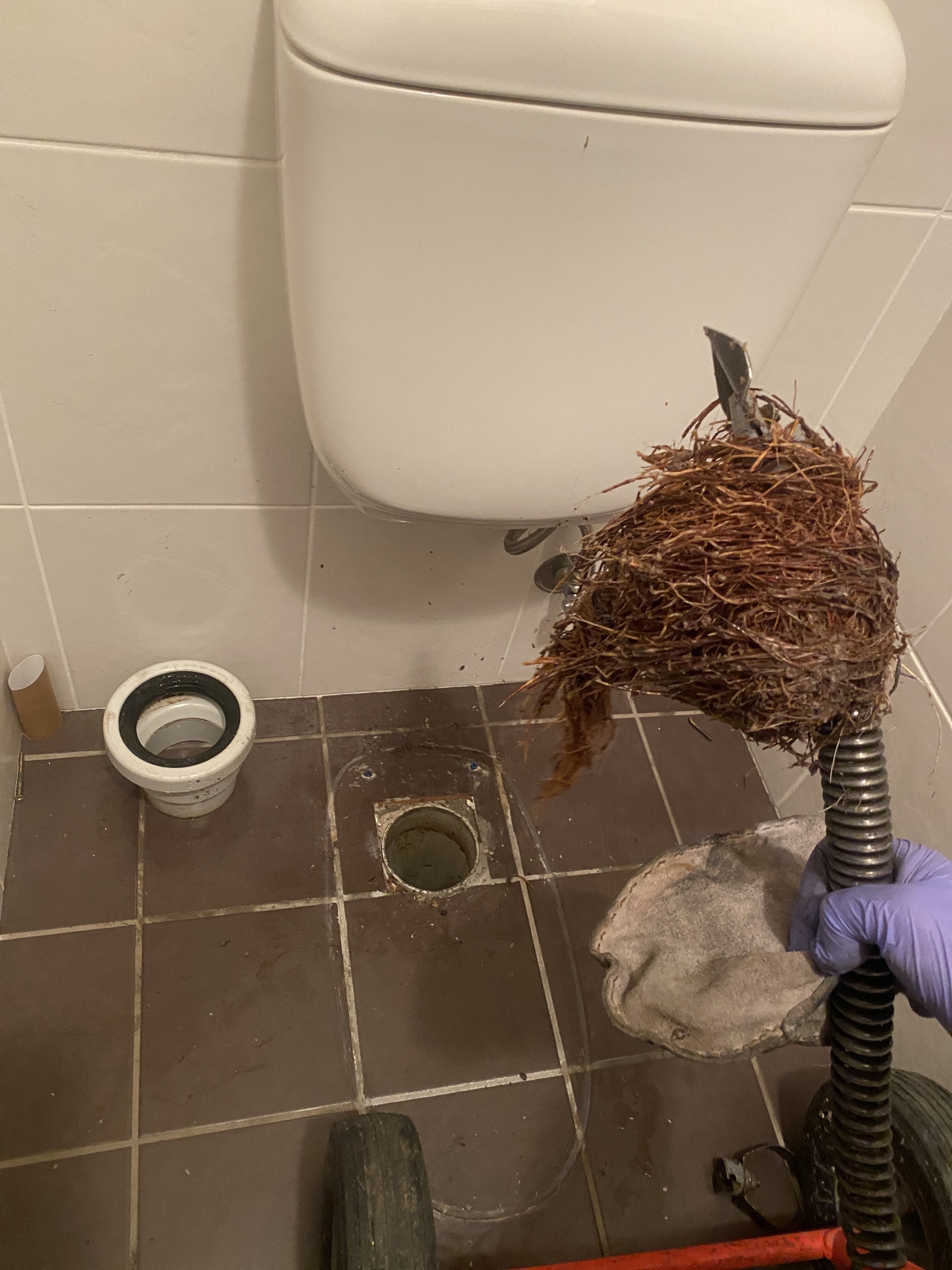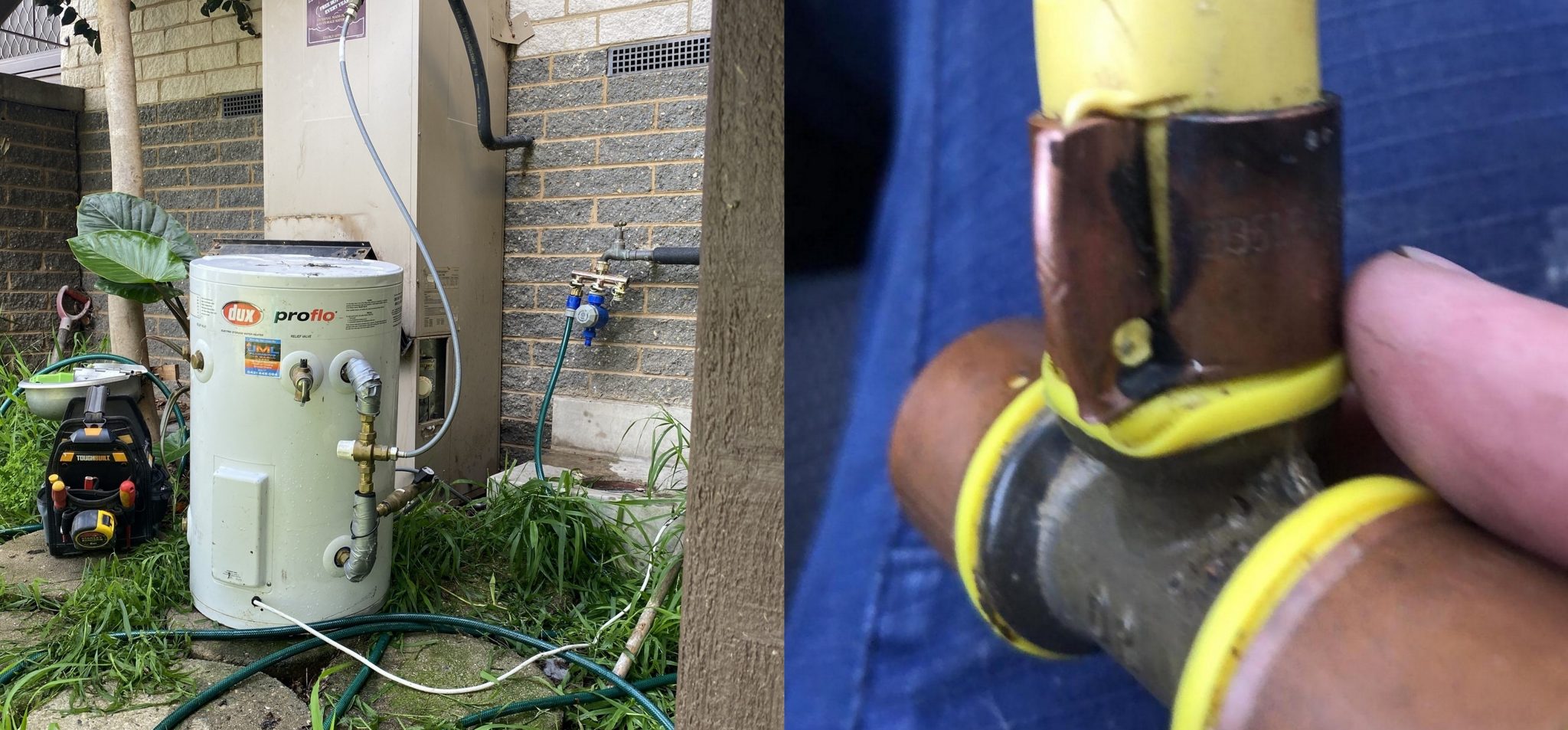Blocked drains are always a pain. Aside from the fact that it’s inconvenient and frustrating, it’s also bad for your plumbing system.
To keep your system in good shape and efficiently working, it’s important to know how to prevent blockages. Having the knowledge, and following these tips will save you money in the long run by stopping you needing to hire a plumber to remove the blockages for you.
The golden rule to prevent blocked drains is to limit what you put in them.
Here’s a list of things that should never go near your drains:
1. Food – Whether it’s a huge chunk of chicken or mashed potatoes or a few stray veggie scraps, food should never go down your drain. Put leftover food in a trash or compost heap. Always use a drain catcher to stop stray food from running into your pipes.
2. Coffee grounds – Throw them away in the garbage or add them to your mulch pile.
3. Grease and oil – Grease coats the inside of your pipes. It will accumulate and collect grime that goes through your pipe and build into a blockage. Transfer grease into a sealable container before throwing them out. You can also pour it into aluminum foil (you can use a cup as a mould to prevent spillage) and chuck it out when cooled/solidified.
4. Hair – Hair is the most common cause of drain blockages. Be sure to use a drain hair catcher in your bathroom, and clean it out regularly. Another good tip to keep your hair from blocking the shower drain is to brush it before taking a shower or bath to remove loose hairs.
6. Paint and paint thinners – Paints solidify and paint thinners can damage your pipework.
Other tips:
1. Toilet paper should be THE ONLY thing flushed down the toilet. Don’t flush materials that can cause a blockage. (e.g. dental floss, feminine hygiene products, wet wipes, baby wipes, nappies, and or other household waste).
2. Use drain grates. This can prevent materials from passing into the drain and can minimise potential problems.
3. Pour boiling water into the kitchen sink drain once a week. This will melt away oils from food products to help prevent blockages.
4. Regularly clean your sink, toilet, and drains. Deep clean your tub drain once a month. Make sure to remove any hair or other debris, and rinse the pop-up plug assembly.
5. It’s good to have some drain cleaner, and a plunger in case you do get a blockage. A preventative drain cleaner every month or two can really help in minimising the risk of blocked drains.
6. If you have a septic tank, we recommend having it inspected every 2-3 years. Also, regularly get your tank pumped out by professionals.
JML Plumbing & Gas are your local blocked drain experts!
We are to help you. From blocked drains to other plumbing emergencies, the JML team will handle it for you! Call us 24 hours a day, 7 days a week on 02 6193 4089.




